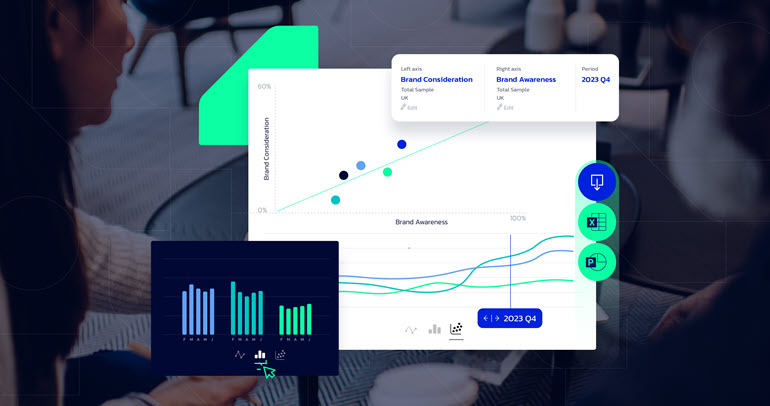
The 2020 People’s Choice Word of the Year was “unprecedented.” Not surprising. It’s hard to forget the firehose of unprecedented events that kicked off the decade.
What will be 2022’s Word of the Year? In some ways, the Economist Intelligence Unit at Harvard University has already found it—with research. Economists tracked the frequency of the word “uncertainty” in relation to descriptions of economic conditions and, you guessed it. The use of the word “uncertainty” is rising. As is our anxiety.
The question now is what to do about it. A recent article in Harvard Business Review (HBR) took this unsettling research finding and delved in further. The authors recommend three strategies businesses should use in response to rising uncertainty, starting now.
Pay More Attention to Geopolitics and “Uncertainty Shocks”
The HBR authors distinguish “economic shocks” from what they call “uncertainty shocks.” While business leaders are accustomed to following economic shocks—and indeed, these two types of shocks often coincide—the authors advocate for keeping a keener eye on uncertainty shocks.
What’s an uncertainty shock? It’s an event that sends out shockwaves, triggering a sort of global anxiety attack. The article points to five major uncertainty shocks in the last six years: Brexit, the 2016 US election, China-US trade tensions, COVID, and now, the war in Ukraine. These types of global shocks aren’t going away. If anything, they’re accelerating.
HBR recommendation: “Invest in the people and tools to track geopolitics more closely, with special focus on the issues and regions that most affect your business.”
Find Flexible Support
In turbulent times, it’s tempting to retreat. To keep doing the same thing because, with all this uncertainty, now is not the time to try something new. But the authors advise that in times of uncertainty, businesses need more flexibility, to pivot quickly, change course and chase the data rippling out of global shockwaves. Solutions such as flexible staffing can ensure you’ll be able to adapt to what the future brings.
HBR recommendation: “Greater uncertainty makes flexibility more valuable. Therefore, be willing to spend more to keep your options open . . . signing shorter leases, leasing rather than buying property, hiring contractors rather than permanent staff . . .”
Plan for Multiple Outcomes
Your best defense is acting quickly and decisively in response to the next global shock. The depth and breadth of a company’s contingency plans should increase as uncertainty increases. There is great value in research-backed wargaming and scenario planning, and in leveraging research in general, to support contingency planning. After all, what is research if not a tool for mitigating risk?
HBR recommendation: “Making contingency plans is like paying for insurance: You hope to never have to use them, but if you do, they can be invaluable.”
How to Pay Better Attention, Stay Flexible & Plan for Pivots
The need for actionable research and analytics to support high-stakes decisions will go up in times of uncertainty. As does the need for fast, flexible support that can be dialed up or down with workflow demands.
To help businesses stay on top of geopolitical change, Escalent provides rapid-response global market intelligence.
To stay flexible, we offer fully managed Implementation Consultants where a dedicated team of analysts supports a range of requests while allowing for the flexibility to scale up or down as needs change.
And to assist clients in the art of the pivot, we provide a range of research and consulting services, including business wargaming support to help companies anticipate disruption, act with foresight and succeed in climates of profound uncertainty.
How are you bracing for workplace uncertainty? Download our Guide to Boosting Bandwidth & Winning Back Time.









